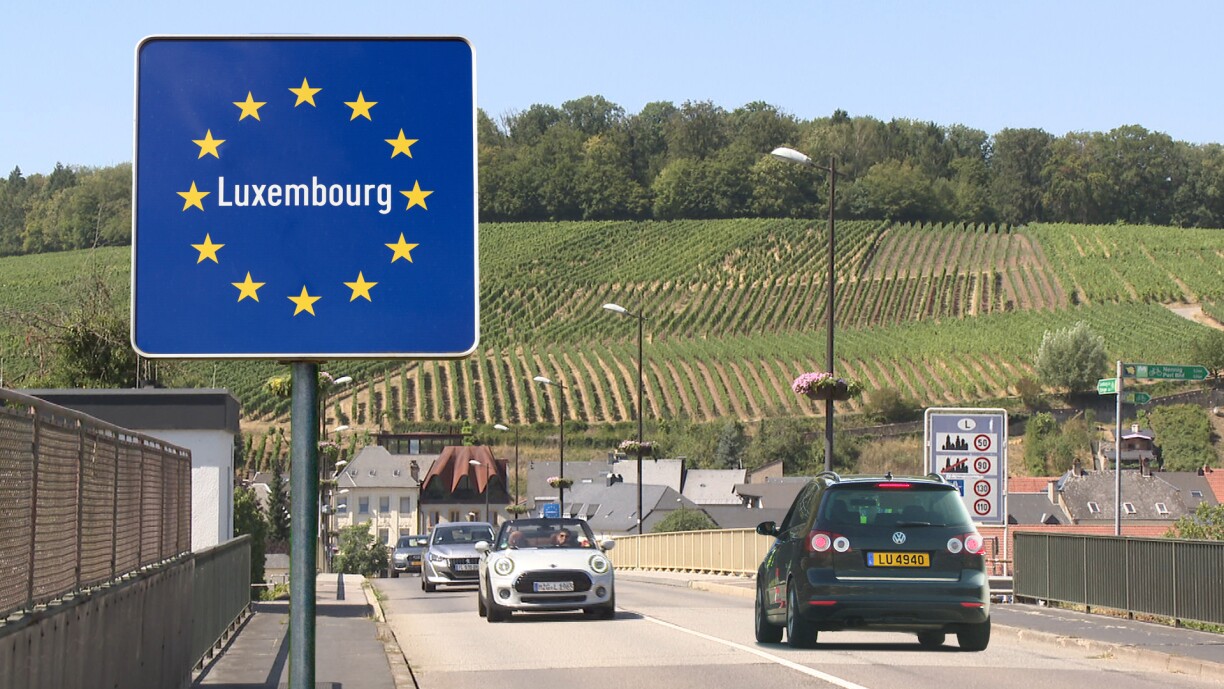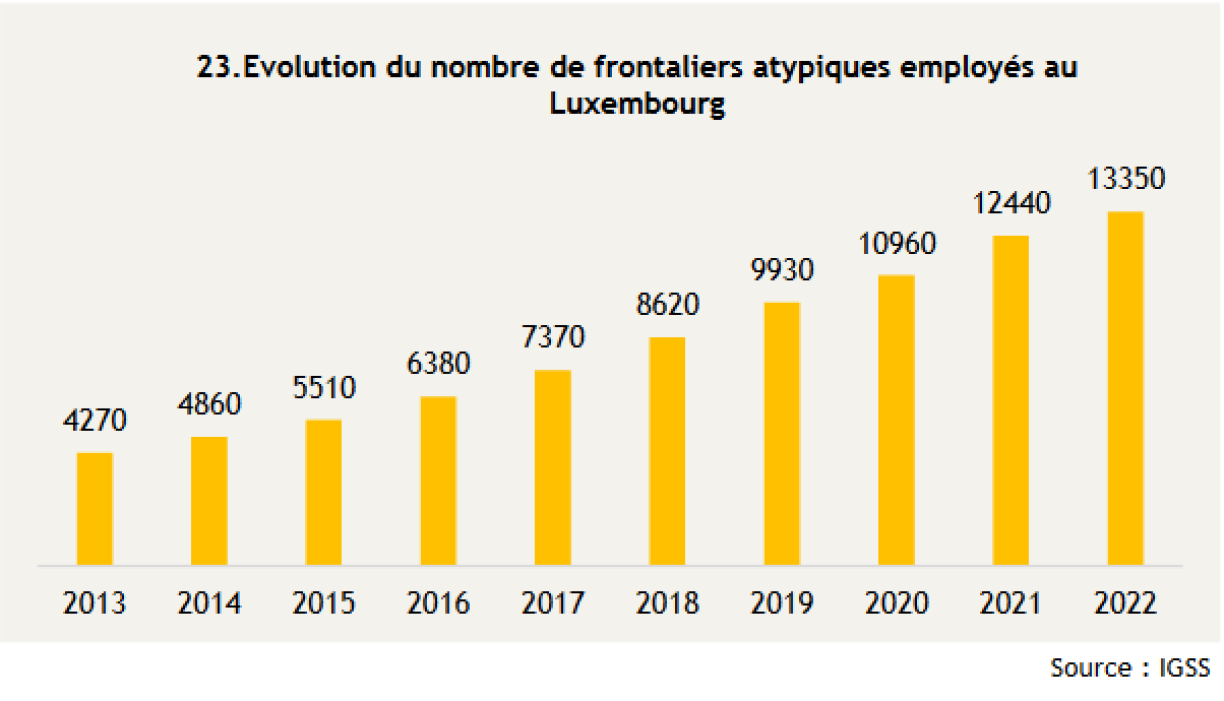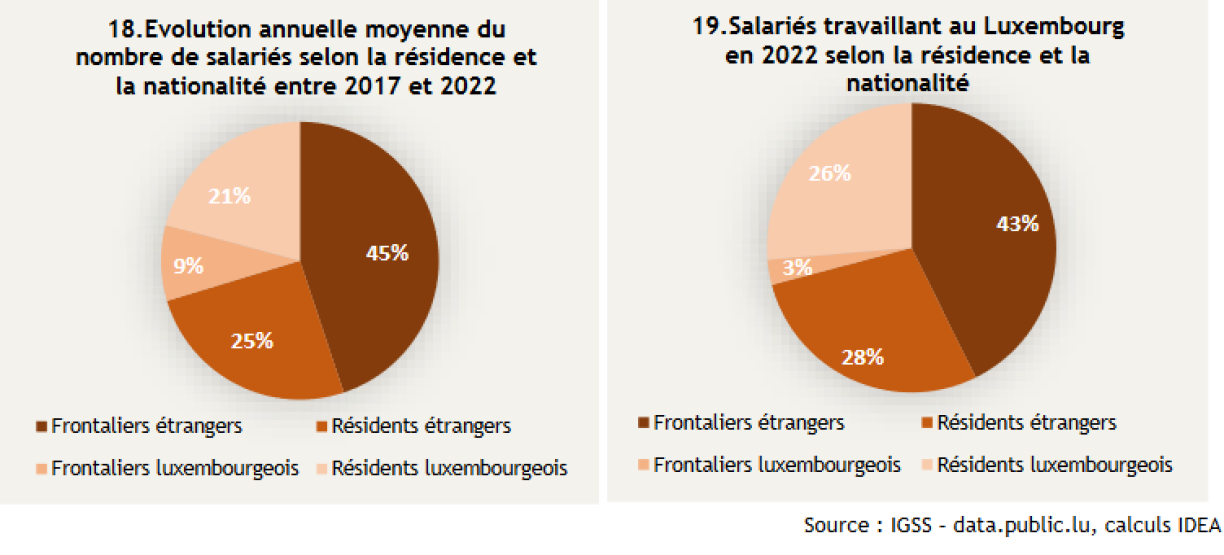
A growing portion of Luxembourg’s cross-border community turns out to be Luxembourgers who moved to one of the three neighbouring countries while continuing to work in the Grand Duchy.

Once marginal, these Luxembourgish cross-border commuters are beginning to make their presence felt and figures unveiled by the Idea Foundation bear witness to this trend: “Between 2017 and 2022, 70% of the 67,900 new employees in Luxembourg are of foreign nationality (45% are foreign cross-border commuters and 25% are foreign residents), and only 30% have the Luxembourgish nationality (21% residents and 9% cross-border commuters). Over the last five years, almost one in ten new employees (9% or roughly 6,100 of the 67,900 new employees) is therefore a cross-border commuter of Luxembourgish nationality, which brings that number to a total of 13,350 people.”
Read also: Only 25% of workforce is Luxembourgish

Why do so many Luxembourgers move abroad? One would obviously have to ask each of them to find out for certain, but there is no doubt that for many this exodus is linked to another phenomenon: gentrification. In other words, the fact that the less privileged social classes are being pushed further and further away from the cities, and eventually from Luxembourg’s borders. This goes to show that astronomical prices on the real estate market are no longer bearable for a growing part of the population.
However, this exodus does not mean a decrease in the country’s total population. On the contrary, with 660,780 inhabitants in 2022, “the number of residents in the country has increased by 46,880 people since 2018, which is equivalent to the number of inhabitants of Differdange and Hesperange” notes the Foundation.
The evolution of the labour market significantly contributes to these trends of new workers coming to live in the country, but also of new cross-border workers whose share of total net job creation has risen from 49% to 54% over the last five years. New foreign residents account for a quarter of job creation.
Read also: Luxembourg’s population increased by 25% in 10 yearsFinally, it should be noted that despite the large net immigration, the share of foreigners in the total population “has tended to (marginally) decline from 47.9% in 2018 to 47.1% in 2022", concludes Idea.